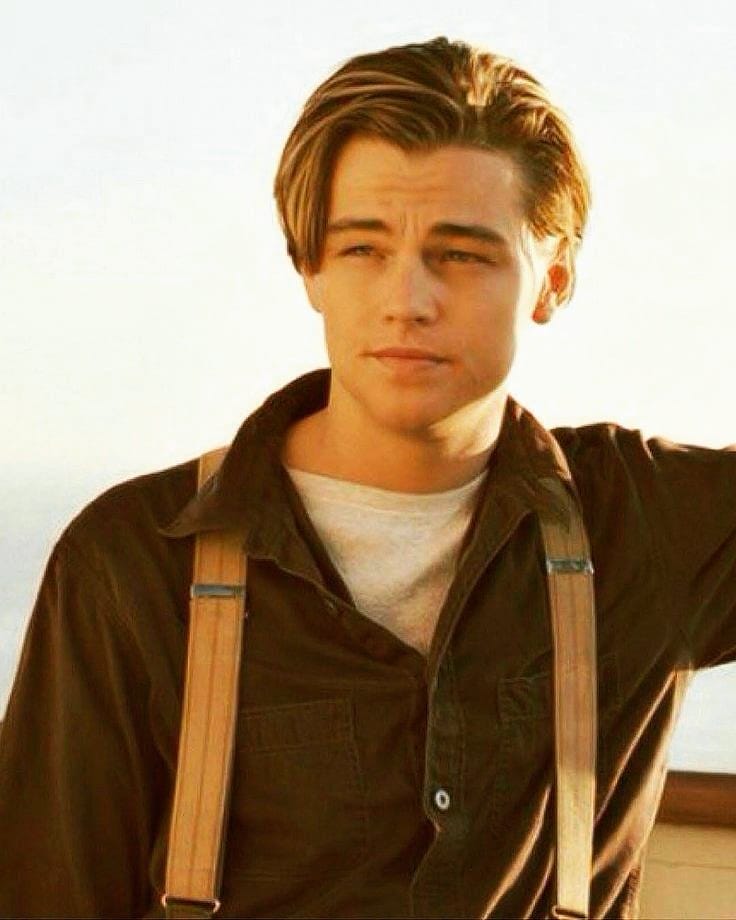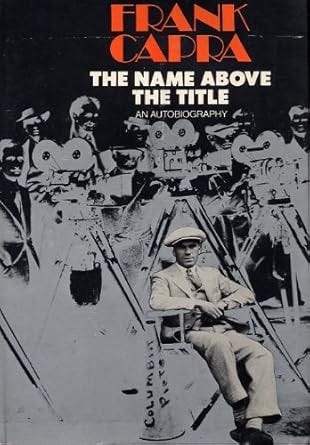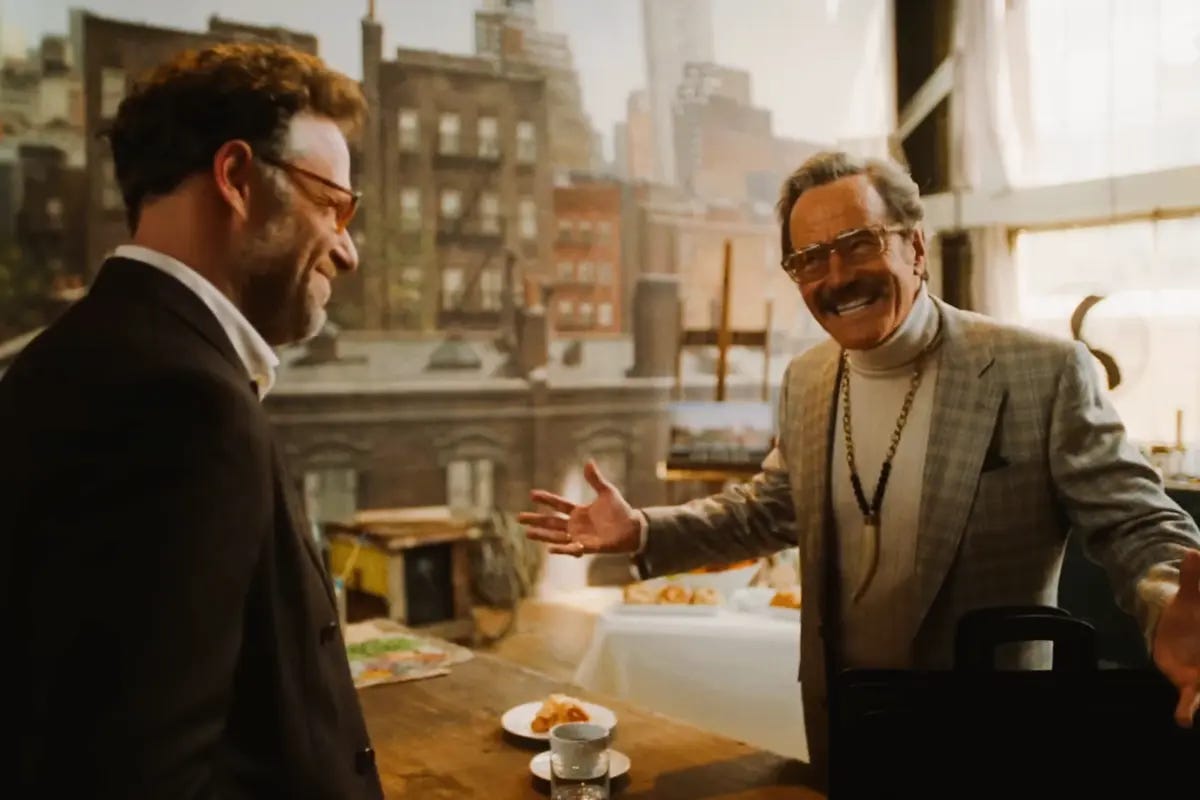In the late 1990s and early 2000s, every girl (and boy) in the world was in love with Leonardo DiCaprio. My sister collected posters, snipped magazine photos, and stored them in plastic binders like sacred relics. And can you blame her? Look at him.
Leo dominated that era with hit after hit: Romeo + Juliet (1996), Titanic (1997), The Man in the Iron Mask (1998), The Beach (2000), and Catch Me If You Can (2002). He was everywhere, and everyone loved him. Decades later, he still pulls crowds to theaters. But here’s the thing: DiCaprio is over 50 now. So are most of the stars we still care about.
A 2023 study by the National Research Group asked audiences which actors they’d pay to see in theaters. 19 of the top 20 were over 40, with a median age of 58! Does this mean we’ve gracefully embraced aging?
Of course not! It means, at some point, Hollywood stopped making movie stars. Can you name a single young actor today famous like DiCaprio?
Timothée Chalamet? Please. Anyone who lived through Leo-mania knows it’s not even close. People might show up for Chalamet’s films, but he doesn’t command the same obsession.
And it’s not his fault. The industry changed. Movies today run on Intellectual Property (IP), not stars. Audiences flock to theaters for characters: Spider-Man, Batman, Han Solo…It doesn’t matter who’s playing them. (Hell, they made a movie with three different actors playing Spider-Men and people loved it)
Chalamet himself has recently played Paul Atreides (Dune), Bob Dylan (one of twelve Dylan biopics), and Willy Wonka — all roles previously played by other actors. IP makes actors interchangeable. Why invest in building stars when owning the IP is what pays off?
The turn to IP
After the 2008 financial crisis, movie theater attendance decreased. Compared to today, we know it was a really small dip, but still studios panicked. In between the following flops and decreasing audiences was a movie that rose to the top and made a lot of money: Twilight.
It wasn't because of the cast. The famous trio of Bella, Edward and Jacob were played by actors without much experience. People were attracted to the Twilight books, or the IP itself. The same was happening during this period with the Harry Potter movies. The actors were novice, but that didn't stop it being a success.
Studios took note. Audiences were attracted by the IP itself. They could hire cheap and unknown actors who were also much easier to control. Who wouldn't leave the project or cause problems. It started slowly with Harry Potter, Twilight and Hunger Games and completely exploded with Marvel and Star Wars.
If 10 different people can play Batman, that means that it doesn't really matter who Batman is. As a result, actors lost a lot of power, especially young ones who could be interchanged whenever studios wanted to or found them “problematic”. The characters were all that mattered so the actors started disappearing behind them. Young performers lost leverage. Many got typecast, trapped by the very roles that made them famous.
Streaming and social media
Streaming diluted star power even further. Sure, they still love hiring those same over-50 recognizable actors. However, the actors share their screen time and audiences with a sea of others who will never truly become as famous. Either because the actors on streaming are not always from the US, because the content and audiences are extremely spread out or because there's no incentive from streaming platforms to do so.
Maybe having a Jennifer Anniston show will attract some people to sign up to Apple TV, but once people subscribe, Apple (and all streaming companies) doesn't care about what we click on anymore. Why? Streaming doesn’t need stars, it needs content. Once you’re subscribed, they don’t care if you’re watching Anniston or a reality show about competitive knitting.
It's is much cheaper to create realities or TV shows with unknown actors. So, there are no incentives for streaming platforms to create upcoming movie stars.
Then, there's social media. Social media has weakened movie stars in two ways. First, because now they are competing for an audience with anyone in the planet with an internet connection. People stopped watching movies and TV shows and spend more time on social media. Second, their mystique eroded when we saw their unfiltered lives online. Their bad takes, their messy opinions. The illusion cracked.
We don't want IP we want real people
Is the death of movie stars a tragedy? Well, if I were God for a day, that would certainly not be on my list of priorities of things to change. After all, movie stars make art but also exist to sell us a lifestyle filled with luxuries and unnecessary stuff.
But it reflects a bigger problem: companies devaluing workers, replacing artistry with algorithms, and stripping creativity of its human core. Actors are workers after all. Paid for their time. The big stars used to have power and could demand better pay, shape projects, push back. Today? Newcomers stand no chance against studios.
And here’s the truth: audiences crave real people, not just IP. We want stories about messy, ordinary lives, not another CGI hero punching a space monster.
That’s why Chalamet stands out and is probably the main star of his generation. Early in his career, he chose films where he could act (Call me by your name, Lady Bird, Beautiful boy) not just cosplay as a pre-existing character. That gave him an edge that leveraged his career. But even with the recognition he has gained, he is still stuck playing Willy Wonka.
I’m not anti-IP. I’ll watch Spider-Man but I want a good Spider-Man story, talented actors, something that moves me. We all deserve better than the stories we are receiving. Even Hollywood’s next would-be stars.
We also deserve a more human-centered world where workers are valued for their creativity and what they produce. We shouldn't all be replaceable, making money for big soulless corporations. If even the most glamorous of workers are treated poorly, what chance do we have?
The Name Above the Title by Frank Capra
Frank Capra's writing grabs you from the start with his personal anecdotes about his struggling Sicilian immigrant family. He also shares in The Name Above the Title a deeply personal story of how, despite winning six Academy Awards, he struggled throughout his life against Hollywood's glamors, vagaries, and frustrations to make memorable movies. He is best known as the director of It Happened One Night, You Can't Take It with You, Mr. Smith Goes to Washington, and It's a Wonderful Life. As a member of the Directors' Guild, the Motion Picture Academy, and the Producer's Guild, he also played a key role behind the scenes. Since he was involved in 60 movies, he basically knew everyone in the movie industry and talks about them in his book.
Shutter Island (2010)
Probably my favorite DiCaprio movie, along with Inception. Shutter Island follows two detectives, Teddy (Leonardo DiCaprio) and Chuck (Mark Ruffalo) as they investigate the disappearance of Rachel Solondo (Emily Mortimer) from Ashcliffe Hospital for the criminally insane. Once they dig into the apparent disappearance, however, the facility's façade falls apart. Teddy becomes suspicious that her disappearance was staged and that the facility is hiding the unethical treatment of patients through experimental brain surgery. Through it all, Teddy grieves the loss of his wife in an apartment fire and we start learning more about Teddy's unsettling past.
The Studio (Apple TV)
This TV show mocks the big studios of today and especially the people making the decisions there. It's quite funny and a good reflection of how people in power are. Matt Remick (Seth Rogen) assumes leadership of the century-old Continental Studios after Patty Leigh (Catherine O'Hara) is forced out of her position. Matt got into the business out of a love of classical cinema. But the realities of the 21st-century box office mean that his workdays revolve around meetings about making a movie about Kool-Aid. Although we follow Matt and his colleagues, the show is more episodic than serial, telling each installment a well-thought-out story.













I hadn't thought about this, but it's so true. I think it's also part of the diversification of pop culture. We used to all go see the same movies, which became cultural phenomena and gave birth to big stars like Leonardo DiCaprio. But now it's so rare for a big chunk of people to have watched or seen the same thing.
loving the studio